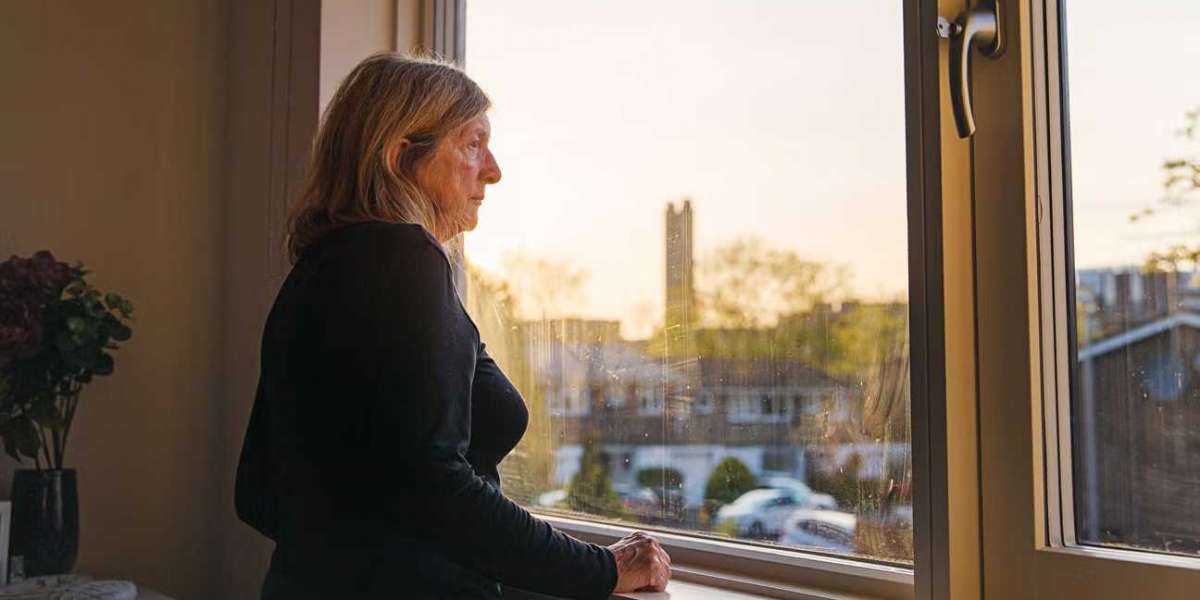Introduction: Depression Isn’t Always Obvious
Depression isn’t just “feeling sad.” It’s more complex, more silent, and often hidden behind a smile. Many people go years without realizing they’re experiencing depression. That’s why it’s essential to understand the real signs—some obvious, others subtle. This article breaks down 9 key symptoms to look out for and helps you recognize them in yourself or someone close.
Here Are 9 Depression Symptoms
1. Persistent Sadness That Doesn’t Go Away
We all have low days, but when that sadness sticks around for weeks or months, it’s a sign something deeper might be going on. It’s not just feeling blue—it’s a heavy, persistent weight that affects how you think, feel, and function. You might find yourself crying for no clear reason, or feeling completely numb and disconnected. When this emotional fog becomes your everyday reality, it may be time to talk to the best psychologist who can help you understand what you're going through and guide you toward healing.
2. Loss of Interest in Things You Once Loved
Remember when you used to enjoy painting, hanging out with friends, or even watching your favorite show? Depression can steal that joy. Hobbies, work, even relationships can start to feel like a chore. If life feels dull and nothing excites you anymore, that’s a major red flag.
3. Fatigue and Lack of Energy
People with depression often feel physically drained—even after a full night’s sleep. You might find it hard to get out of bed or feel exhausted after the smallest task. This constant fatigue isn’t laziness—it’s your brain and body fighting an invisible battle.
4. Sleep Disturbances: Too Much or Too Little
Depression often wrecks sleep patterns. You may find yourself lying awake at 3 a.m., your mind racing. Or maybe you sleep for 12 hours and still feel tired. Both insomnia and oversleeping are common in depression, and they can make other symptoms worse.
5. Appetite or Weight Changes
Some people lose their appetite entirely; others turn to food for comfort. Either way, sudden changes in eating habits or significant weight gain/loss can be tied to depression. If your body is telling a different story than usual, take note.
6. Feelings of Worthlessness or Guilt
Negative self-talk is one of depression’s cruellest tricks. You might feel like a burden, a failure, or believe you’re not good enough. Even small mistakes feel massive. These thoughts aren’t true, but depression makes them feel real—and constant.
7. Difficulty Concentrating or Making Decisions
Ever tried reading a paragraph but couldn’t focus? Or stood in front of a menu and couldn’t decide what to order? Depression can cloud your thinking. It slows down your mental clarity and makes everyday decisions feel overwhelming.
8. Irritability or Unexplained Anger
Not everyone with depression looks sad. Some lash out, snap at loved ones, or feel constantly annoyed. If small things are getting under your skin and you don’t know why, it might not just be a bad day—it could be depression in disguise.
9. Thoughts of Death or Suicide
This is the most serious symptom and one that should never be ignored. If you—or someone you know—has been having thoughts about self-harm or suicide, seek professional help immediately. These thoughts don’t mean you’re weak; they mean you’re in pain, and that pain needs support.
When to Seek Help
If you’re experiencing several of these symptoms for more than two weeks, talk to someone—preferably a mental health professional. You’re not alone, and there’s no shame in needing help. The earlier you address it, the better your chances of feeling like yourself again.
How to Support Someone with Depression
- Listen without judgment
- Avoid clichés like “cheer up”
- Encourage professional help
- Check in regularly
- Educate yourself about depression
Conclusion: You Deserve to Feel Better
Depression is common, real, and treatable. Spotting the signs early can make all the difference. Whether it’s you or someone close, don’t brush it off. The right help and support can turn things around. Healing isn’t instant—but it is possible.
FAQs
- Can depression go away on its own?
Sometimes mild depression may improve, but most people need support and professional care to recover fully. - Is it possible to be happy and still be depressed?
Yes, many people with depression can smile, laugh, or appear “fine” in public while struggling inside. - Are antidepressants the only treatment?
No, therapy, lifestyle changes, exercise, and social support are also effective—sometimes used alongside medication. - Can children or teens experience depression?
Absolutely. Kids and teens can experience depression, though it may look different than in adults. - How do I start helping someone who might be depressed?
Start with a gentle conversation. Express concern, offer to listen, and suggest seeing a therapist or doctor.






